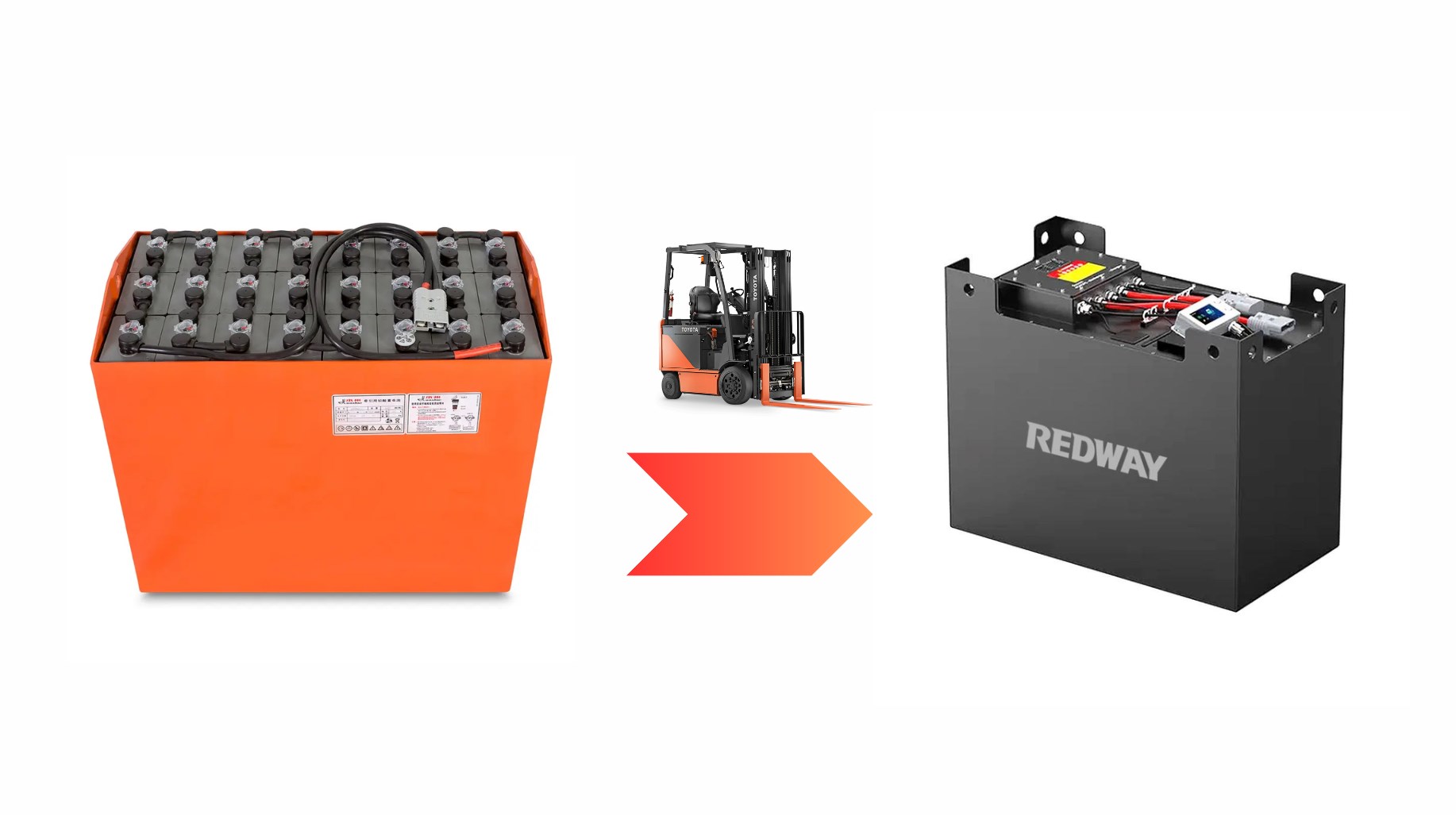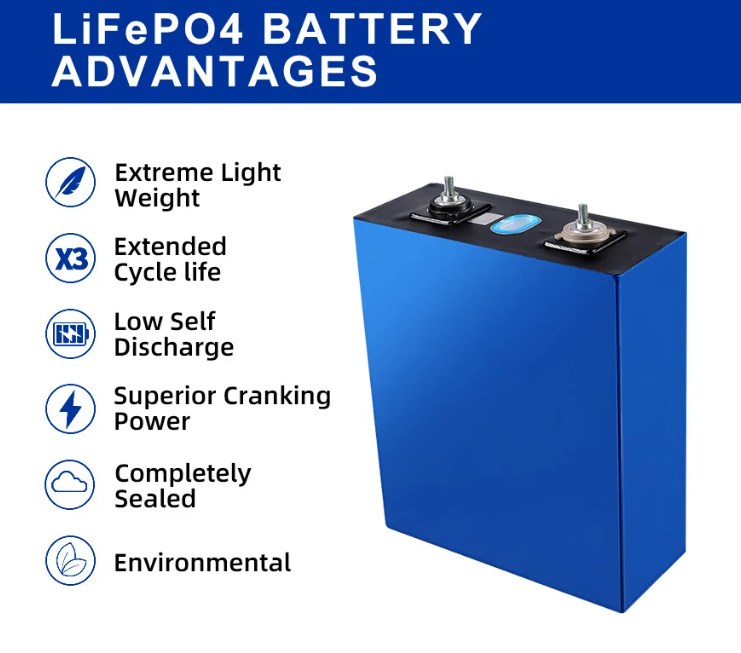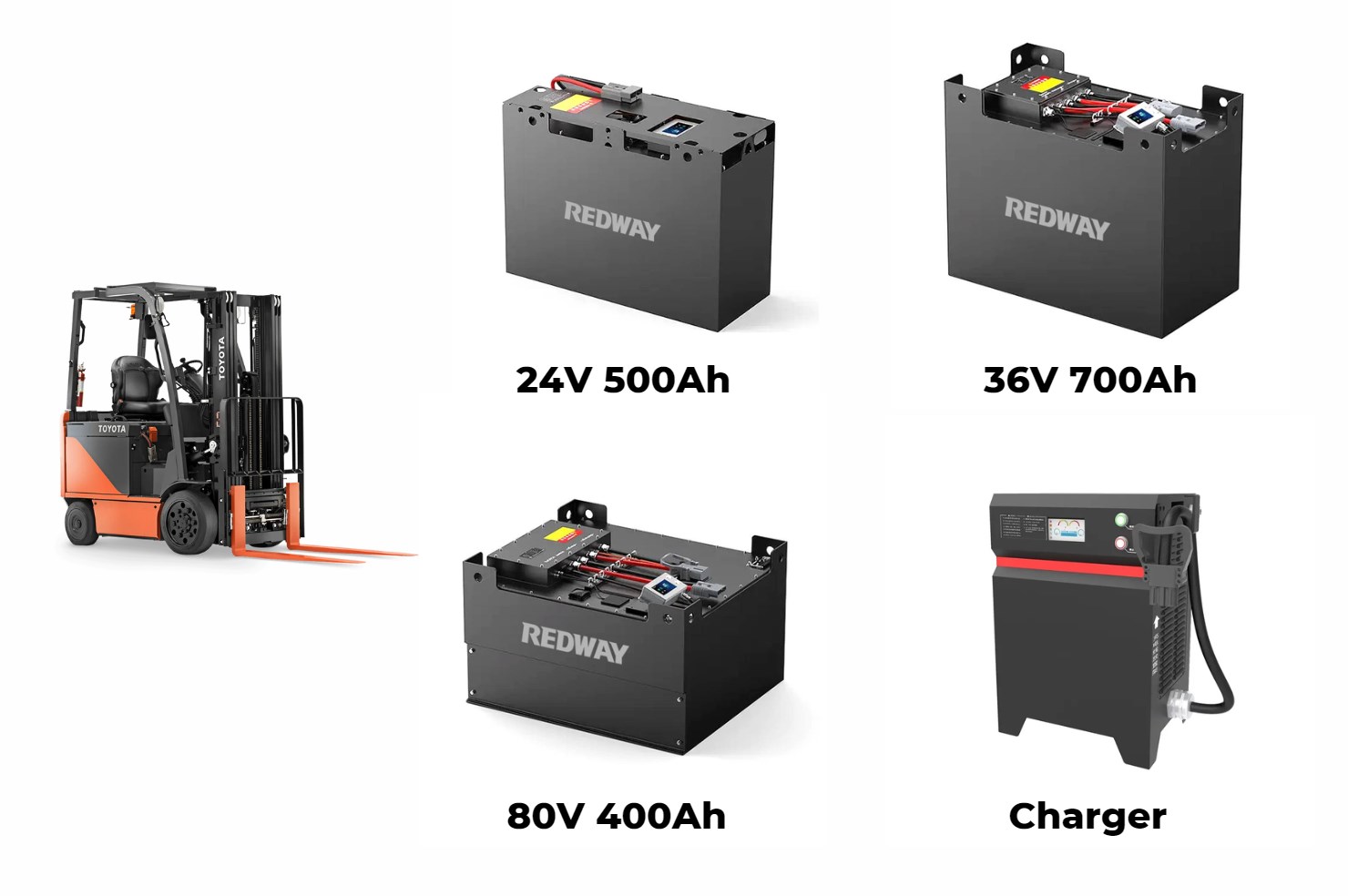Lithium Iron Phosphate (LiFePO4 or LFP) represents a groundbreaking advancement in rechargeable battery technology. This battery type, known for its exceptional safety, longevity, and efficiency, has emerged as a preferred choice across various applications, including electric vehicles (EVs), energy storage systems, and portable electronics.
LiFePO4 (Lithium Iron Phosphate) technology refers to a type of lithium-ion battery that uses iron phosphate as the cathode material. This technology offers enhanced thermal stability, safety features, long cycle life, and environmentally friendly characteristics compared to other lithium-ion chemistries.
Overview of LiFePO4 Technology
Wholesale lithium golf cart batteries with 10-year life? Check here.
LiFePO4 batteries are a subclass of lithium-ion batteries that utilize lithium iron phosphate as the cathode material. This technology, identified in the 1990s with significant contributions from researchers such as John B. Goodenough and Arumugam Manthiram, is celebrated for its stability, safety, and superior performance characteristics.
Want OEM lithium forklift batteries at wholesale prices? Check here.
Key Features of LiFePO4 Batteries
Safety: LiFePO4 batteries are renowned for their thermal and chemical stability, drastically minimizing the risk of thermal runaway—a common problem associated with other lithium-ion batteries. This stability stems from the robust P–O bonds within the phosphate group, which release oxygen more gradually under stress compared to cobalt-based batteries.
Long Lifespan: One of the most notable advantages of LiFePO4 batteries is their impressive cycle life, ranging from 2,000 to over 10,000 cycles based on usage conditions. This extended lifespan makes them highly desirable for applications demanding long-term energy storage.
Environmental Impact: LiFePO4 batteries are more environmentally friendly compared to their counterparts as they lack toxic materials like cobalt. Their composition includes more abundant and less harmful materials such as iron and phosphate, reducing their overall environmental footprint.
Performance: These batteries offer high power density and the ability to deliver substantial currents, making them ideal for applications requiring quick bursts of power. They maintain a consistent power output throughout their discharge cycle, enhancing their reliability and efficiency.
Compatibility with Renewable Energy: LiFePO4 batteries excel in compatibility with renewable energy systems, particularly solar energy solutions. Their low self-discharge rate and high energy density make them effective for off-grid solutions and backup power systems.
Applications of LiFePO4 Technology
LiFePO4 technology is utilized in a wide range of applications due to its numerous advantages:
Electric Vehicles (EVs): The safety and longevity of LiFePO4 batteries make them increasingly popular in electric vehicles. Leading companies like Tesla and BYD have incorporated LiFePO4 technology into their designs, benefiting from its stable performance and long cycle life.
Energy Storage Systems: The durability and stability of LiFePO4 batteries make them ideal for stationary energy storage solutions. These batteries are extensively used in solar energy storage and backup power systems, providing reliable energy storage with minimal maintenance.
Consumer Electronics: LiFePO4 batteries are also prevalent in portable electronics. Their high power density and long life cycle make them a dependable power source for devices that require consistent and reliable energy.
Redway Power and LiFePO4 Forklift Batteries
Over the past 12 years, Redway Power has been dedicated to uncovering the factors that contribute to the success of LiFePO4 forklift batteries. As a leading LiFePO4 battery factory wholesaler, Redway Power specializes in a diverse range of LiFePO4 batteries and offers rapid, customized solutions to B2B and OEM clients globally.
Benefits of Redway Power’s LiFePO4 Forklift Batteries
Custom Solutions: Redway Power provides tailored LiFePO4 battery solutions designed to meet the specific needs of various industries. Their expertise ensures that clients receive high-quality, customized batteries that align with their operational requirements.
Extensive Experience: With over a decade of experience in the LiFePO4 battery industry, Redway Power has honed its skills in manufacturing and supplying high-performance batteries. This extensive experience translates into superior products and exceptional service.
Global Reach: Redway Power’s commitment to serving clients worldwide is demonstrated through its efficient production and distribution capabilities. The company’s global presence ensures that clients receive timely and reliable support, regardless of their location.
Superior Craftsmanship: Redway Power’s dedication to quality is evident in the craftsmanship of its LiFePO4 batteries. Each battery is meticulously engineered to offer outstanding performance, durability, and safety.
Conclusion
In summary, LiFePO4 technology stands as a superior choice in the battery industry, offering numerous benefits over traditional battery technologies. Its safety, long lifespan, and environmental advantages make it a preferred option for electric vehicles, energy storage systems, and consumer electronics. Redway Power, with its extensive experience and commitment to quality, provides exceptional LiFePO4 forklift batteries that meet the diverse needs of clients worldwide. For more information or to request a custom quote, contact Redway Power today.
FAQs
What Safety Measures Should Be Taken When Using LiFePO4 Forklift Batteries?
Do LiFePO4 Batteries Require Maintenance?
What is the Typical Cost of a LiFePO4 Forklift Battery?
Comparing Maintenance Costs: LiFePO4 Batteries vs. Lead-Acid Batteries
Exploring Real-World Applications of LiFePO4 Batteries in Forklifts
Industries Benefiting from LiFePO4 Forklift Batteries
What is LiFePO4 Technology?
The Evolving Market for Forklift Batteries
What Are the Latest Advancements in LiFePO4 Battery Technology?
How Does Fast Charging Impact Battery Life?
Types of Chargers for LiFePO4 Forklift Batteries
Common Voltage and Capacity Options for LiFePO4 Forklift Batteries
Comparing LiFePO4 and Lead-Acid Batteries: A Comprehensive Analysis








